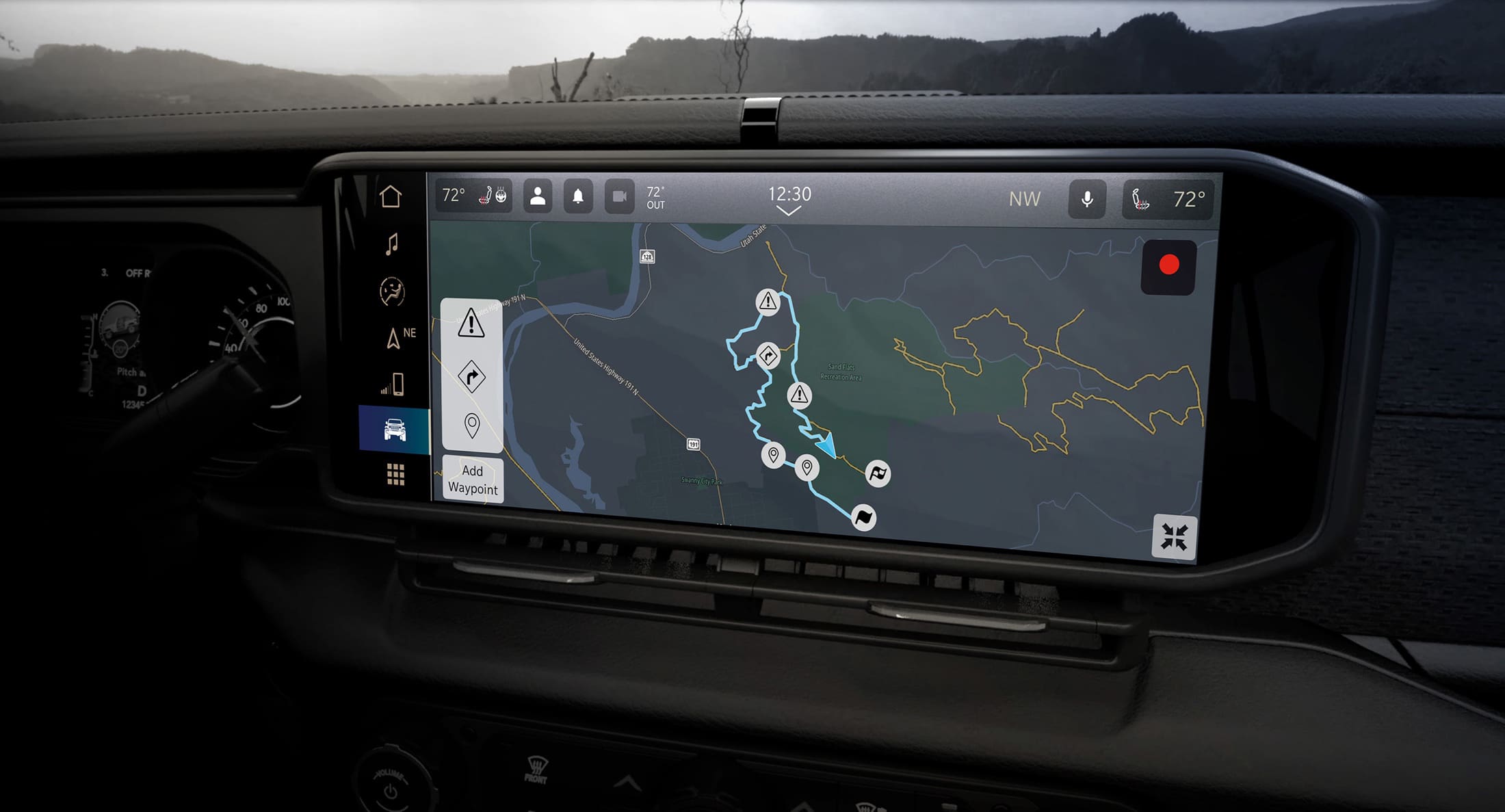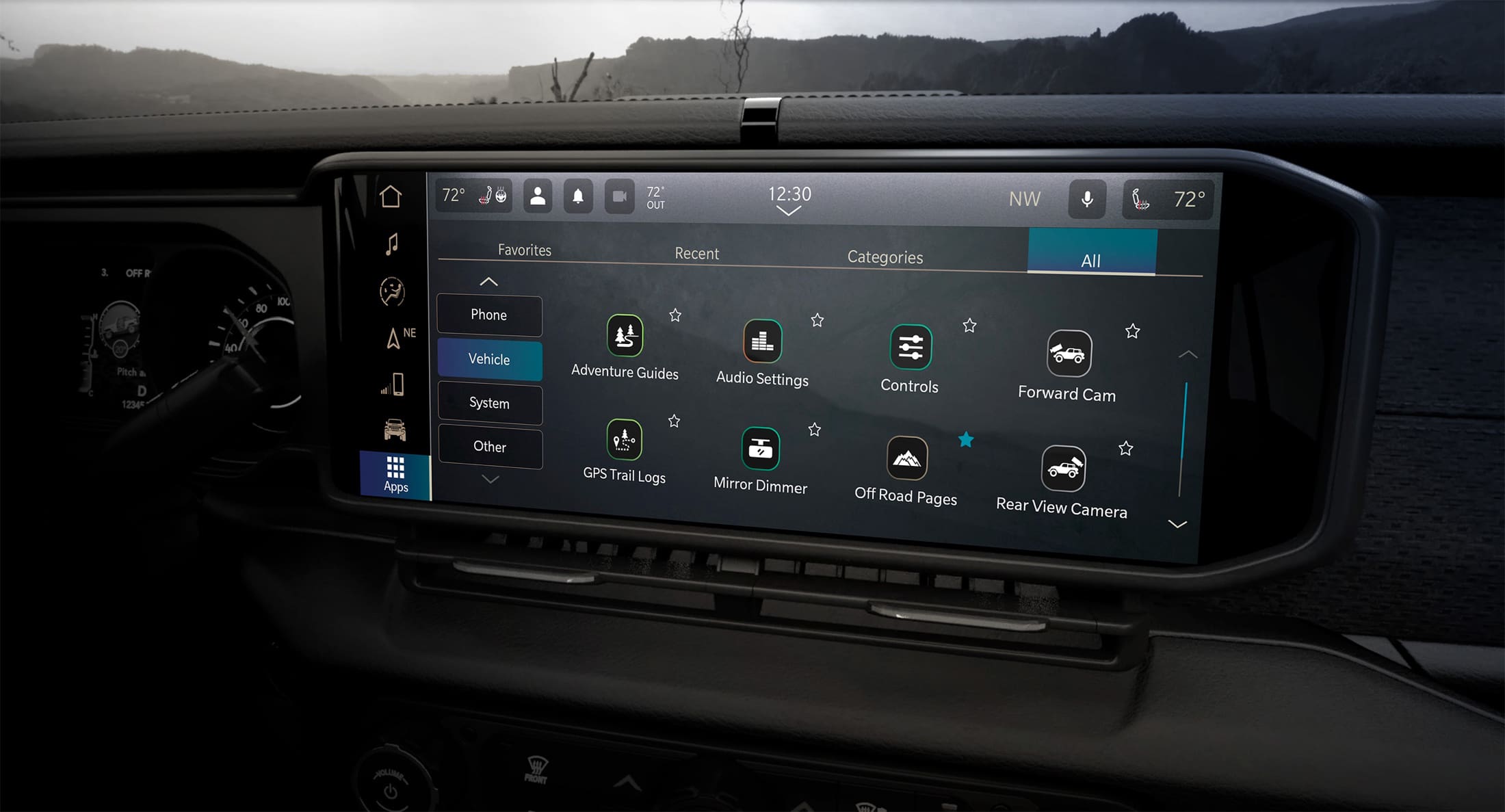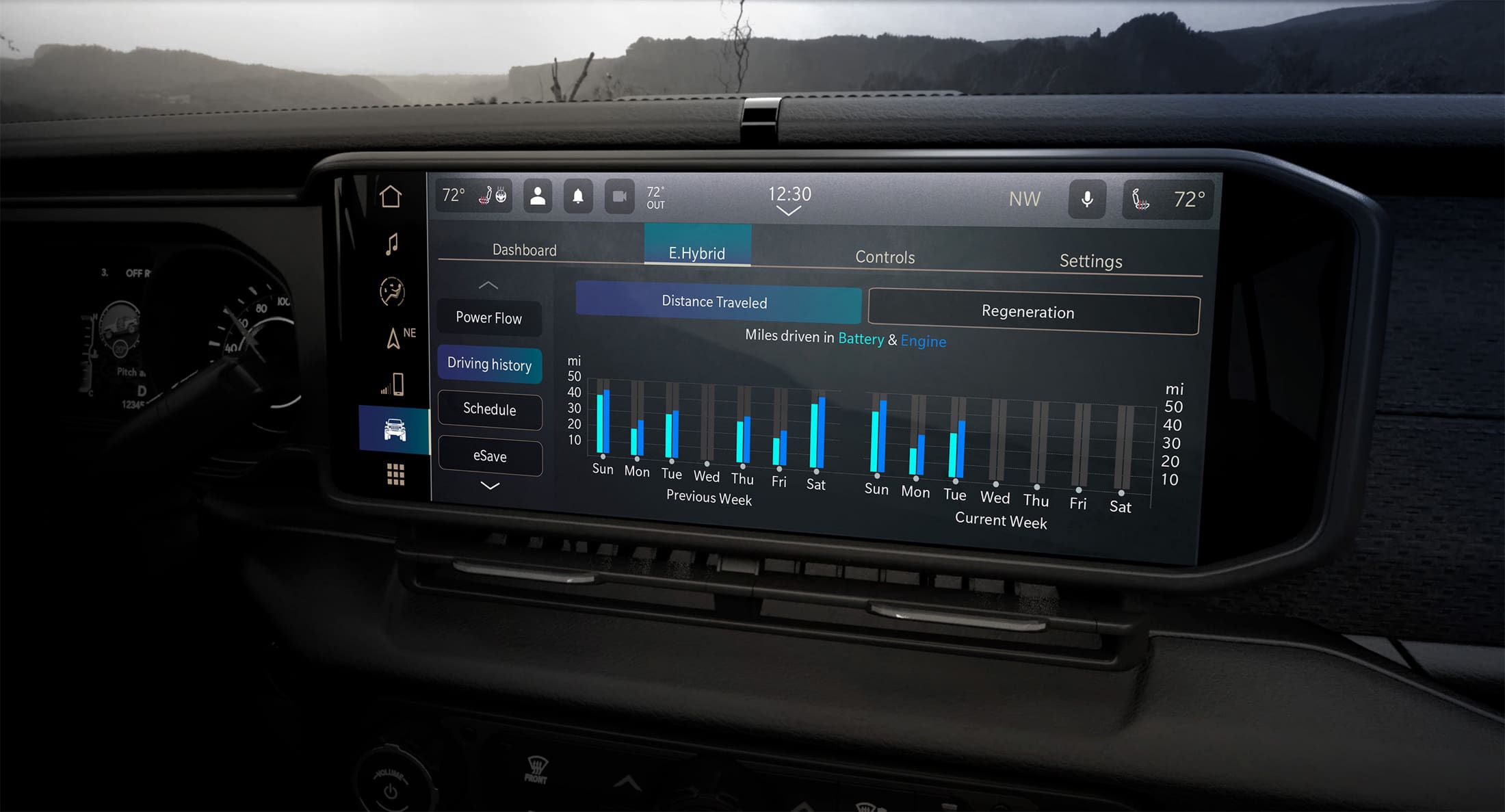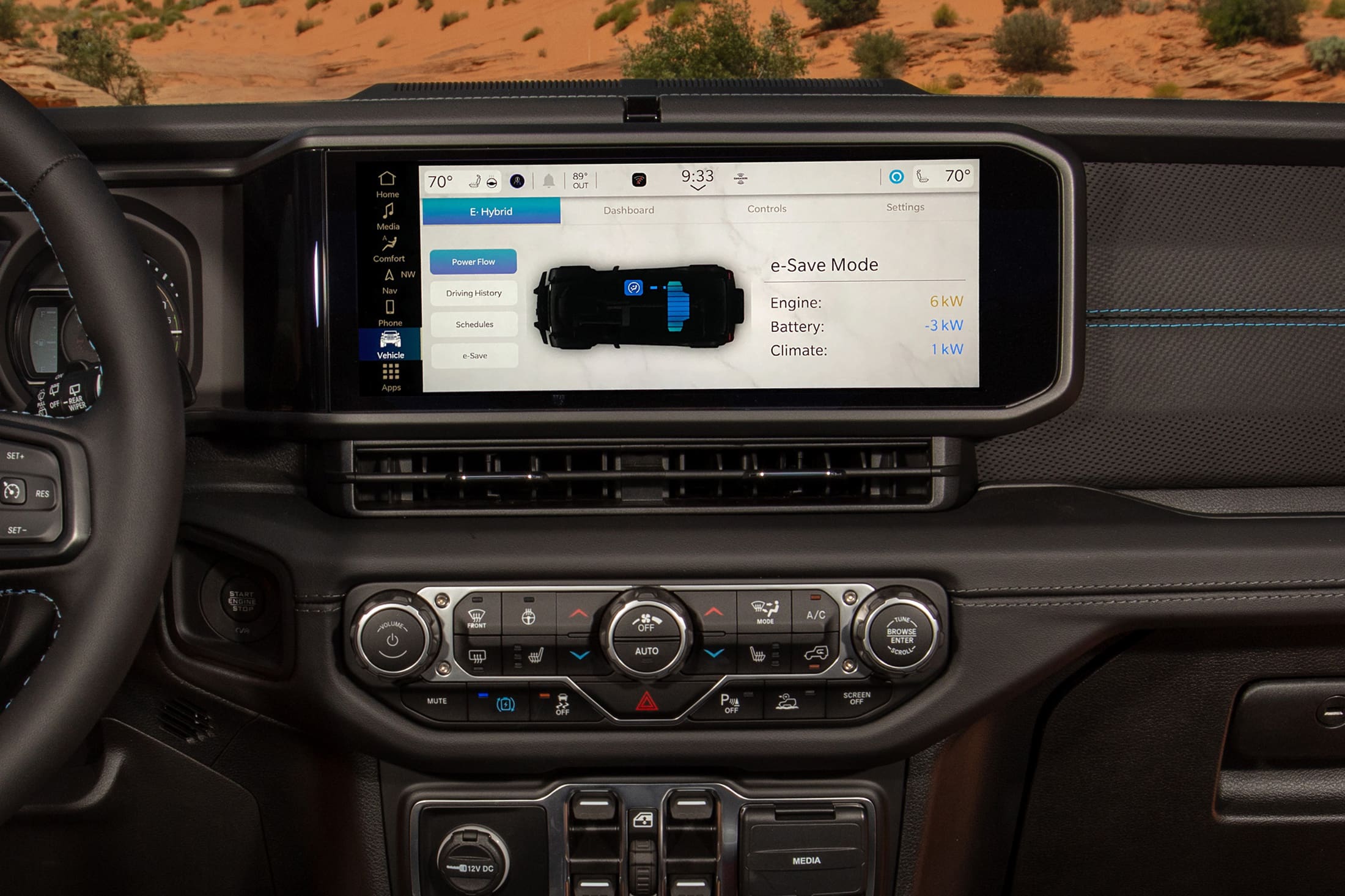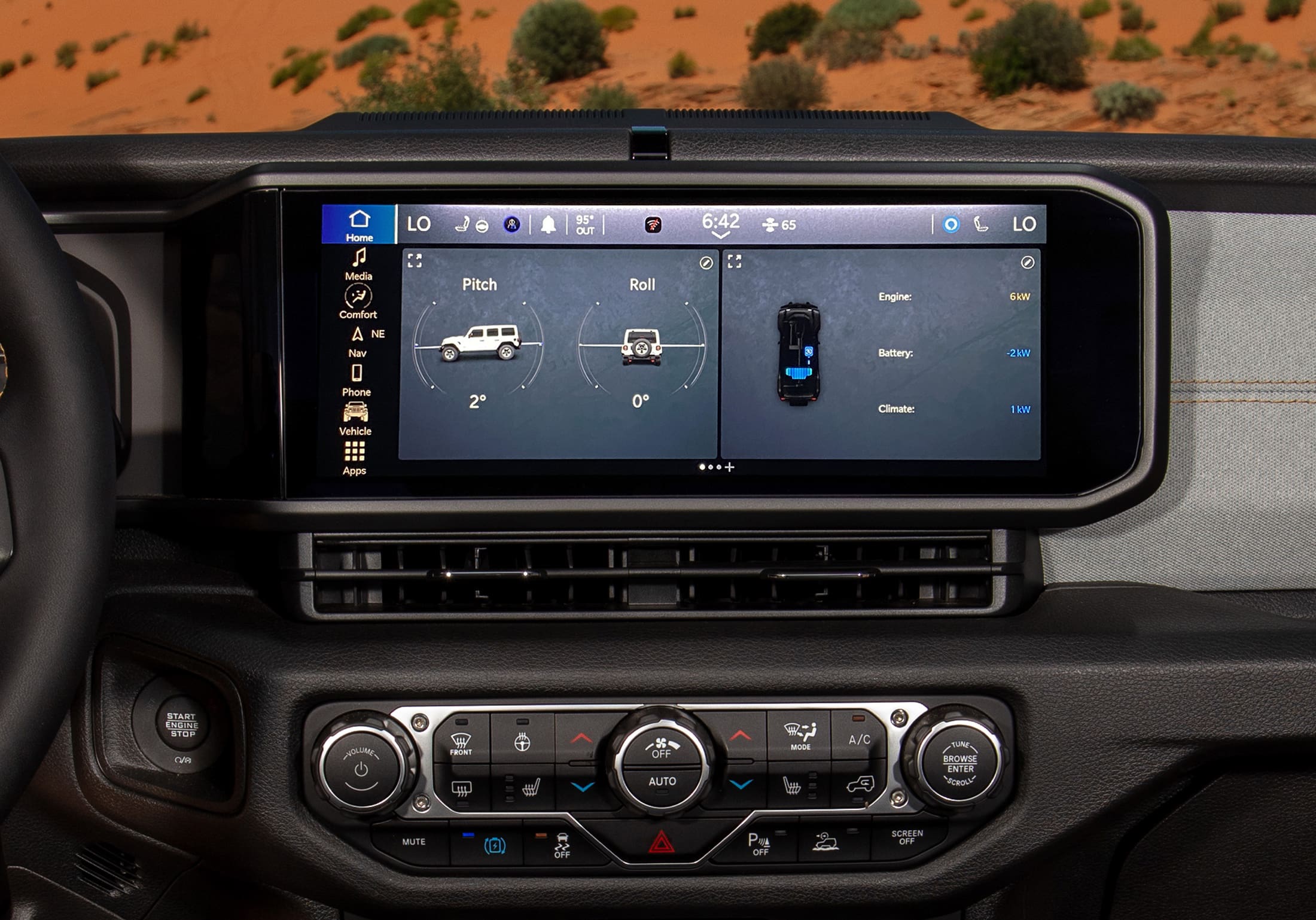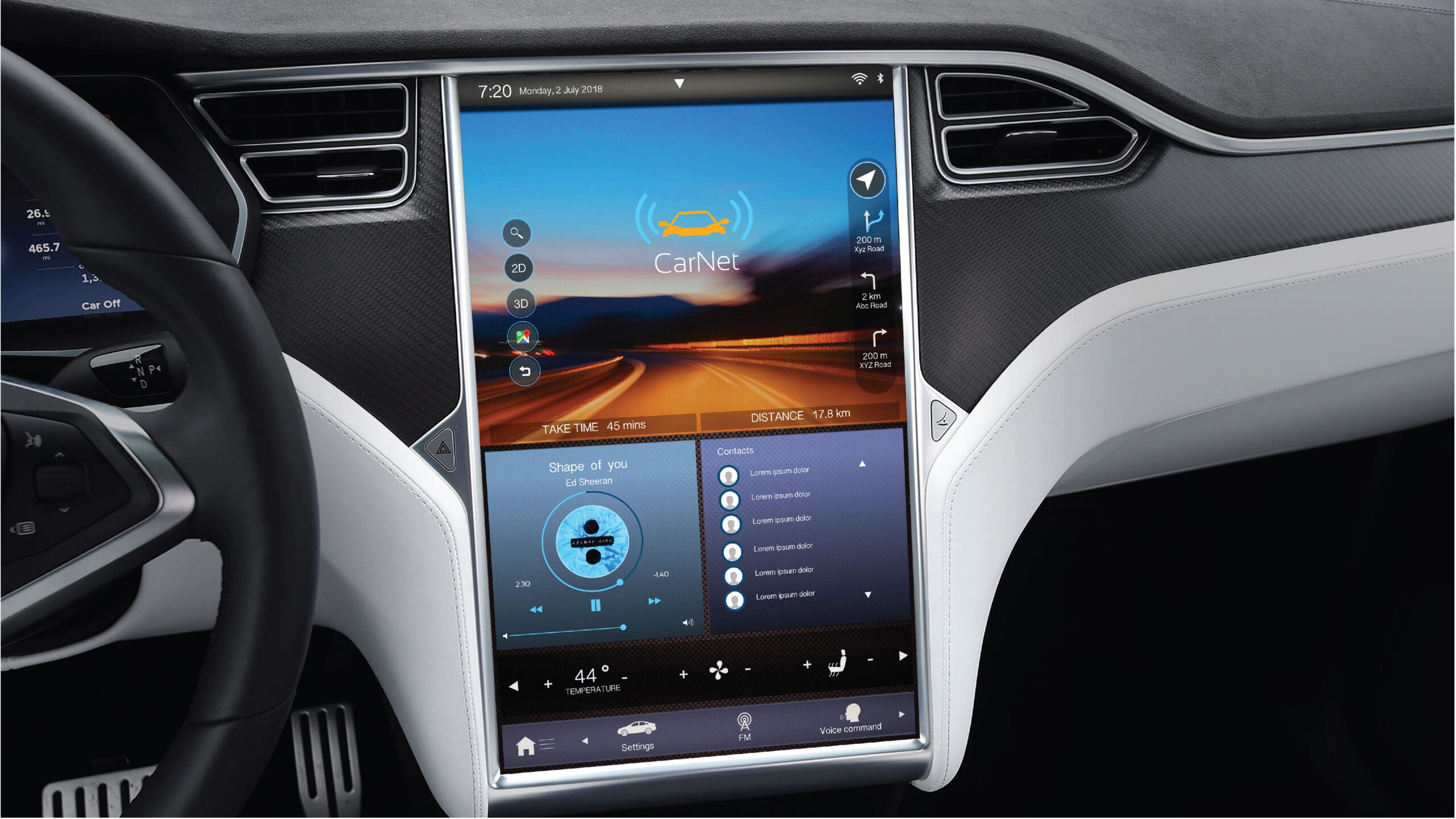
About the Program
The User Experience program is situated at the intersection of technology and creative practice. Here, students learn to design technologically mediated systems, experiences, and human interactions with objects, spaces, and interfaces. Through in-depth user research, iterative prototyping, and usability testing, students will explore experiences amidst new and emerging technologies in areas including progressive web app design (PWA), artificial intelligence (AI), extended reality (XR), sonic interaction design (SID), smart mobility, and the Internet of Things (IoT). Below, you’ll find examples of representative student projects.
The program is grounded in creativity, speculative thinking, and experimental practices in response to rich socio- and techno-cultural themes. Students have access to CCS’s world-class studios and resources to further their own skills and knowledge through hands-on learning. Critical inquiry and design provocations sharpen insights as students become adept with models of interaction, experience, and communication.
Students will learn to sketch and prototype with hardware and software for design ideation and development and apply code to bring creative concepts to life. Students will also learn about physical and cognitive ergonomics in human-machine and system interactions.
User Experience Design Online Program
The Online MA in User Experience Design offers a flexible and immersive virtual learning experience tailored for working professionals. With asynchronous coursework, you can seamlessly integrate your studies into your busy schedule without disrupting your current commitments. Synchronous sessions provide interactive engagement opportunities with classmates and faculty.
If you’re considering the online program in User Experience, expect:
- The program is structured into 7-week fully online courses, each strategically designed to consecutively and seamlessly flow into the subsequent course, ensuring a cohesive learning journey.
- Emphasis on practical skill development, ensuring graduates possess applicable knowledge for real-world scenarios.
- Multi-modal content delivery, including visual, audio, and written materials, catering to diverse learning preferences.
- Weekly overviews and clear outcome explanations provide students with precise expectations, fostering clarity and focus.
- An integrated assessment tool confirms weekly learning outcomes, ensuring comprehension and progress tracking.
- Asynchronous learning dominates the course structure, featuring video lectures, supplementary resources, and discussion boards, promoting flexibility and accommodating varied schedules. Additionally, a weekly synchronous Zoom session (60-90 minutes) facilitates interactive engagement and real-time clarification of concepts with faculty.
- Projects are meticulously outlined, encompassing rationales, descriptions, outcomes, submission processes, guidelines, requirements, and instructions, bolstered by illustrative examples for enhanced comprehension and execution.
User Experience (UX) Designer
User Interface (UI) Designer
Interaction Designer
Visual Designer
UX Researcher
Mobile or Web UX Designer
AI UX Designer
Smart Mobility UX Designer
Automotive UX Designer
Content Designer
Systems Designer
Service Designer
Product Designer
UX Strategists
Lead/Principal UX Designer
Entrepreneur/UX Startup Founder
UX Director/Head of UX
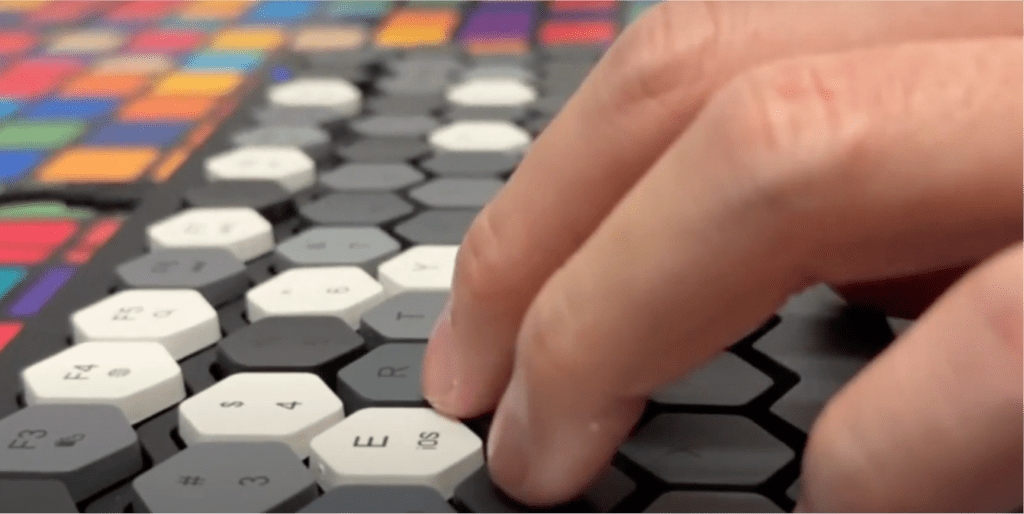






Graduates of the User Experience (UX) Design program will expand future possibilities in people’s daily lives through products, environments, systems and services that are enhanced by technologically mediated human interactions.
The program boasts a 100% placement rate* in 2022 (based on a 100% knowledge rate**)
*Placement Rate – is the percentage of graduates engaged in a career outcome in an art or design field 1.5 years after graduation.
** Knowledge Rate is the percentage of alumni in the graduating class for whom we have information.





Our Alumni are changemakers, leading and inspiring the next generation of design.
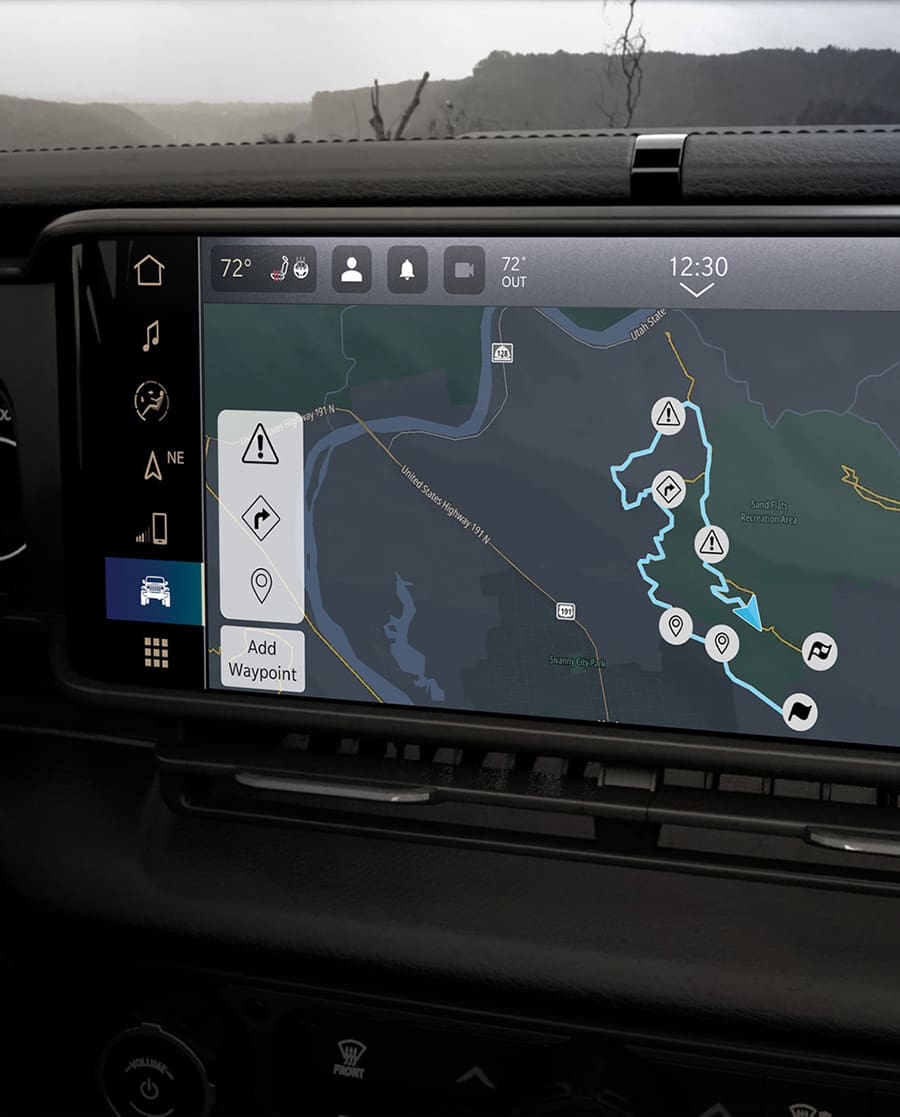
In the News
-
October 13, 2023

Chair of User Experience Design presents Aquaterrestrial Recolonization AI project at Siggraph 2023
-
October 10, 2023
CCS Graduate UX Student Project Featured at ARS Electronica
-
October 6, 2023

Agricultural App by Graduate UX students nominated for 2023 UX Design Awards
-
September 29, 2023
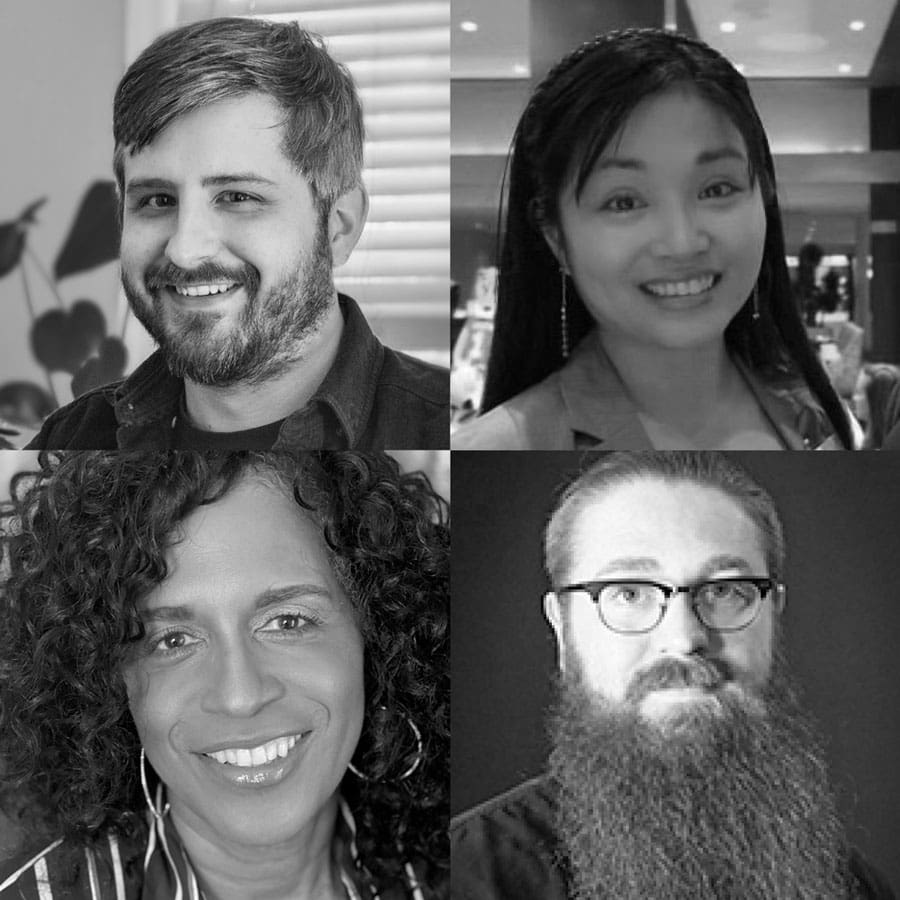
CCS Welcomes New Faculty for Fall 2023
